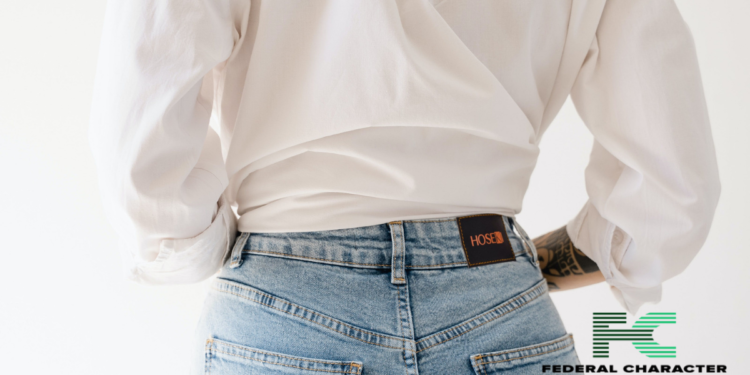Many people avoid discussing buttock folliculitis for a variety of reasons. Self-disgust, dread of being judged, etc.
However, this is nothing to be ashamed of; it happens to the best of us. Buttock folliculitis is a frequent dermatological disorder characterized by inflammation of the hair follicles located on the buttocks. They are frequently unexpected and resemble boils. This encroachment is more than just a nuisance; it causes discomfort and aesthetic concerns.

What is Buttock Folliculitis?
Buttock folliculitis is the same as facial acne. Buttock folliculitis is characterized by inflammation of hair follicles, which is primarily caused by infection, irritation, or other reasons. This disorder occurs when hair follicles in the buttocks become clogged with dead skin cells or bacteria, resulting in irritation.
Causes of Buttock Folliculitis
When it comes to what causes buttock folliculitis, it’s as if your skin has its own personal peeves. Let’s explore some of the causes of buttock folliculitis.
- Friction from tight clothing or activities such as cycling can cause irritation in the hair follicles, resulting in folliculitis.
- Excessive sweating and moisture retention: Sweat and trapped moisture provide an ideal setting for folliculitis to develop.
- Shaving or waxing irritation: Your skin reacts to the razor or wax in the same way a critic does to a poor performance. So, when there is inflammation in the hair follicles, it may develop into folliculitis.
- Eczema and psoriasis are two examples of underlying skin disorders that can give rise to folliculitis.
- Bacterial or fungal illnesses.
Symptoms of Buttock Folliculitis
It is important to pay attention to your body because it provides you with subtle signs when things begin to go wrong.
Symptoms associated with buttock folliculitis include:
- Red, itchy bumps or pustules.
- Potential for pus discharge.
- Discomfort during sitting or with tight clothing.
When Do You See A Doctor?
Buttock folliculitis may appear to be a minor condition, but if not addressed, it can progress to a more serious problem. Scarring and subsequent infections are among the possible complications.
When your skin sends distress signals, such as widespread or worsening symptoms like severe pain or fever, it is time to consult a doctor.
Treatment of Buttock Folliculitis
Warm compresses, gentle scrubbing, and loose clothing are all effective home remedies. Topical antibiotics or antifungals, on the other hand, function as cool bouncers, keeping the skin in order and restoring calm. Other treatment options include oral antibiotics and laser hair removal.

















